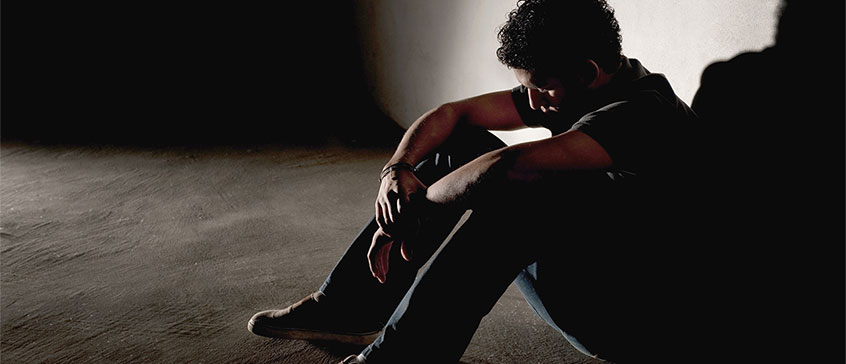Home / Health, Wellness and Safety / News / New program at University of Victoria opens doors to equitable delivery of wound care
New program at University of Victoria opens doors to equitable delivery of wound care

'Wound Care for Clients Experiencing Inequities' program looks to provide safe care, support to paramedics, nurses, and others providing support to patients facing health and social inequities in B.C.
A new micro-credential supported by BC Emergency Health Services is being offered at the University of Victoria (UVic) to help deliver appropriate wound care to patients facing health and social inequities in Canada.
The program 'Wound Care for Clients Experiencing Inequities' is aimed at providing additional training for health and helping professionals, including paramedics and community paramedics. The program is designed to help health and helping professionals to consider how best to support patients struggling with wounds who experience health and social inequities, identifying innovative and collaborative approaches to wound care.
This program, which runs three weeks, will equip students with the essential knowledge and best practices for wound management in a uniquely challenging environment.
For clients experiencing health and social inequities, wounds are more likely to occur and less likely to heal quickly or easily. The inequities these clients face mean they are also often less able to access care or to self-manage their wounds, whether because they are experiencing homelessness, using substances, living at home in higher-risk environments or for other reasons. Health professionals who care for these clients may also struggle to apply solutions that work well in hospitals, clinics or well-resourced homes. They may themselves experience stress working in this challenging environment.
The Wound Care for Clients Experiencing Inequities professional development certificate equips students with:
- knowledge and skills to manage wounds in clients who are experiencing inequities, through understanding how inequities influence the development of wounds and wound care;
- practical tips for using wound care products and managing wounds effectively in this environment;
- skills for bringing a trauma-informed approach to wound care that facilitates communication and care planning in collaboration with clients; and,
- innovative strategies to help paramedics and patients to achieve the best health outcomes possible.
Students will learn from instructors who bring advanced wound expertise and extensive outreach experience, and will engage through case studies, readings, and videos, along with interactive discussions and a short synchronous online workshop.
This program complements UVic’s existing program in 'Wound Management for Health Professionals'. There are no pre-requisites for either, although the wound management program is for clinicians only.

Registration and funding
Registration for this program is now open. This program is subsidized by the BC government, meaning tuition is at 50% cost for a certain number of seats, and students may also be eligible for fees to be fully covered by the StrongerBC Future Skills Grant, a new initiative that allows B.C. residents a lifetime grant of $3,500 for select skills-related short programs. The arrangement is in place for the Fall 2023 term (September-December, 2023) with a possible extension into Winter 2024 yet to be determined.
View program details: Wound Care for Clients Experiencing Inequities.
Media Contacts:
Media Relations, BC Emergency Health Services - media@bcehs.ca / 604-660-6925
and
Laura Vizina, Director, Health, Safety and Public Relations Programs, Division of Continuing Studies, University of Victoria – hsprdirector@uvic.ca / 250-721-8097
- Posted June 27, 2023
RELATED TOPICS: Professional Development for Health Practitioners
Visit Registration
2nd Floor | Continuing Studies Building University of Victoria Campus 3800 Finnerty Road | Victoria BC | CanadaTel 250-472-4747 | Email uvcsreg@uvic.ca
2026 © Continuing Studies at UVic
Legal Notices |
Sitemap

